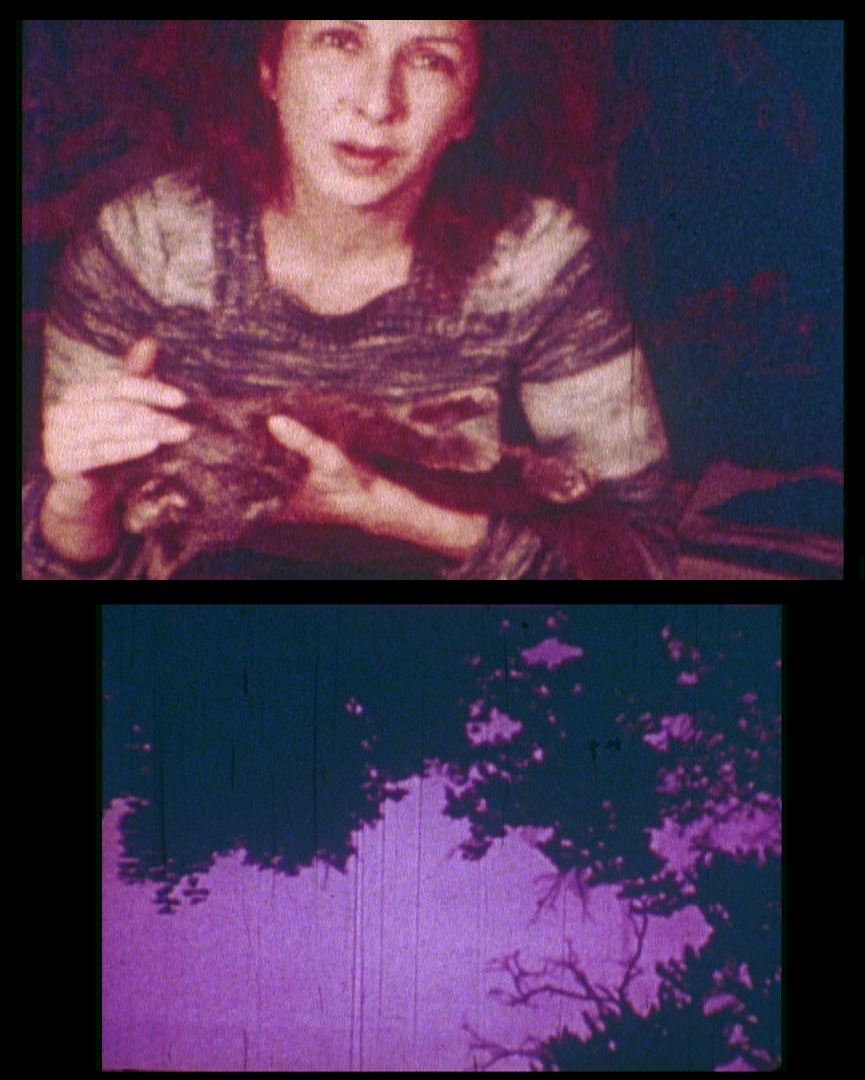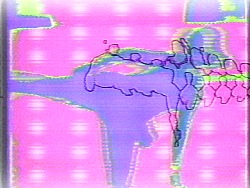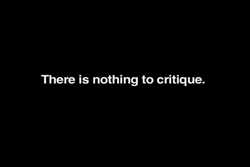Search Results
Search Results
Title Results
Your search returned 801 Titles
Kitch's Last Meal (Composite)
Carolee Schneemann
1973-76, 54:11 min, color, sound, Super 8mm film on HD video
Kiyoko's Situation articulates the deeply embedded cultural roles of Japanese women through the parallel stories of two female artists, Kiyoko and Tani. In Idemitsu's narrative-within-a-narrative, "Kiyoko's situation" is played out on a television monitor within Tani's drama. Tani is paralyzed in...
In this self-described "documentary-poem," Vicuña returns to the beaches of Concón, Chile – the birthplace of her artmaking, where the sea is dying and an ancient tradition is being wiped out. Concón – facing the tallest mountain in the Western Hemisphere, Aconcagua – is home to a cultural...
A visual poem performed in Concón, an ancient cultural site on the Chilean coast, where natural preserves are being destroyed by real estate expansion and oil refineries. Kon Kon Pi is a drawing in space, in sand and sea – sometimes made with a stick in sand, sometimes in lines of red wool...
La Noche de la Especies
Cecilia Vicuña, Robert Kolodny
2009, 60:03 min , b&w, silent, three-channel HD video
Paik produced this exuberant, high-speed collage as a commission for the National Fine Arts Committee of the 1980 Olympic Winter Games. In a fractured explosion of densely layered movement and action, images of Olympic sports events are mixed with Paik's recurring visual and audio motifs: the...
In Landscape, a single illuminated hand positioned before the camera is transformed through its scale and deliberate movements into a sculptural landscape.
In Leaf of Life, Harris-Babou imagines an alternate reality where the tropes of wellness culture are disrupted by the healing potential of Black self-determination. The artist takes inspiration from conspiracy theories, diet gurus, and biblical quotes, among others. The video combines reflection on the legacy of Dr. Sebi, a Honduran health guru with a significant following of Black Americans, with DIY home cooking tutorial footage and interview-style conversation with the artist’s sister, who works as a nurse. The work combines fiction with personal and shared stories of loss and neglect in the US healthcare system.
leeds.talk.04 is an animated video text, presenting a series of pointed anecdotes about the vexed relationship between art criticism and art making in Britain and the U.S. during the 1960s and 70s. the video is based on an article titled "Leeds Talk" by Los Angeles art historian Andrew Perchuk. Its characters include noted figures like Clement Greenberg, Michael Fried, Charles Harrison, Rosalind Krauss, Artforum, October, and features important cameos by Morris Louis, Lynda Benglis, and the late sculptor David Smith (among others).
Writes Cokes, "leeds.talk.trailer is an animated text, a script of sorts. The video outlines selected issues framing a media / lecture performance by Tony Cokes and Andrew Perchuk...The text, edited from the collaborators' project notes, considers the vexed relationship between modernist art criticism and art making, and their reverberations up to the present. The text is sequenced in short phrases of white words on a black background."









